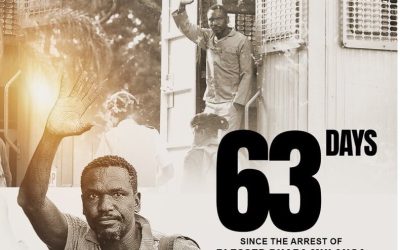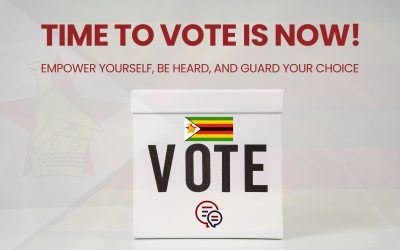Freedom of the press is a fundamental human right and a cornerstone of democracy. It is the right of journalists to report news and express opinions without censorship or fear of retribution from the government or other powerful entities. In Zimbabwe, the importance of freedom of the press cannot be overstated. The country has a long history of censorship, harassment, and violence against journalists, and the government has often used media control as a tool to suppress dissent and maintain its grip on power.
Since gaining independence in 1980, Zimbabwe has had a complicated relationship with press freedom. In the early years of independence, the country had a vibrant and independent media landscape, with newspapers, radio stations, and other outlets representing a range of views and opinions. However, as the ruling party, ZANU-PF, consolidated power, it began to crack down on independent media, censoring critical coverage and harassing journalists who dared to speak out.
The situation only worsened under the rule of former President Robert Mugabe, who was in power from 1987 until 2017. Mugabe’s government was notorious for its hostility toward the press, with journalists facing arrests, beatings, and even murder for reporting on corruption, human rights abuses, and other sensitive topics. Mugabe’s government also enacted laws such as the Access to Information and Protection of Privacy Act (AIPPA) and the Public Order and Security Act (POSA), which further restricted press freedom and allowed the government to control and monitor media content.
Despite the challenges, Zimbabwean journalists and media outlets have continued to fight for press freedom and report on important issues facing the country. In recent years, there have been some positive developments, including the repeal of AIPPA and the establishment of the Zimbabwe Media Commission, which is tasked with regulating the media and protecting journalists. However, journalists still face significant threats, including harassment, censorship, and intimidation from government officials and other powerful actors.
The importance of a free and independent press in Zimbabwe cannot be overstated. Without the ability to report on important issues and hold those in power accountable, Zimbabweans are denied the right to access information and make informed decisions about their lives and their country’s future. A free press is essential for the functioning of a healthy democracy and for protecting human rights. It is the duty of the Zimbabwean government and society as a whole to ensure that journalists are able to report on issues of public interest without fear of persecution or harm.
In conclusion, the importance of freedom of the press in Zimbabwe cannot be overstated. The country’s history of censorship and harassment of journalists has had a significant impact on democracy and human rights in Zimbabwe. It is time for the government to recognize the importance of a free and independent press and take meaningful steps to protect the rights of journalists and media outlets. Only then can Zimbabweans be guaranteed the right to access information and participate fully in the democratic process.




0 Comments